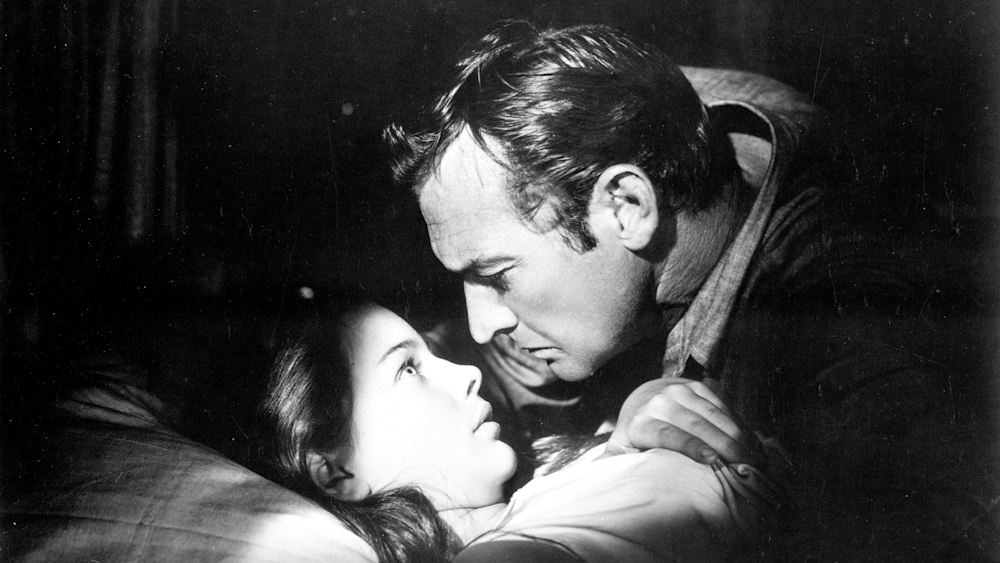Screening from Series Around the World with/Autour du monde avec/La vuelta al mundo con Luis Buñuel
The Young One
Starts at $5
Wed, Oct 1, 2025

Know Before You Go
Plan your Visit
Theater Policies
Accessibility
Screening from Series Around the World with/Autour du monde avec/La vuelta al mundo con Luis Buñuel
The Young One
Starts at $5
Wed, Oct 1, 2025
